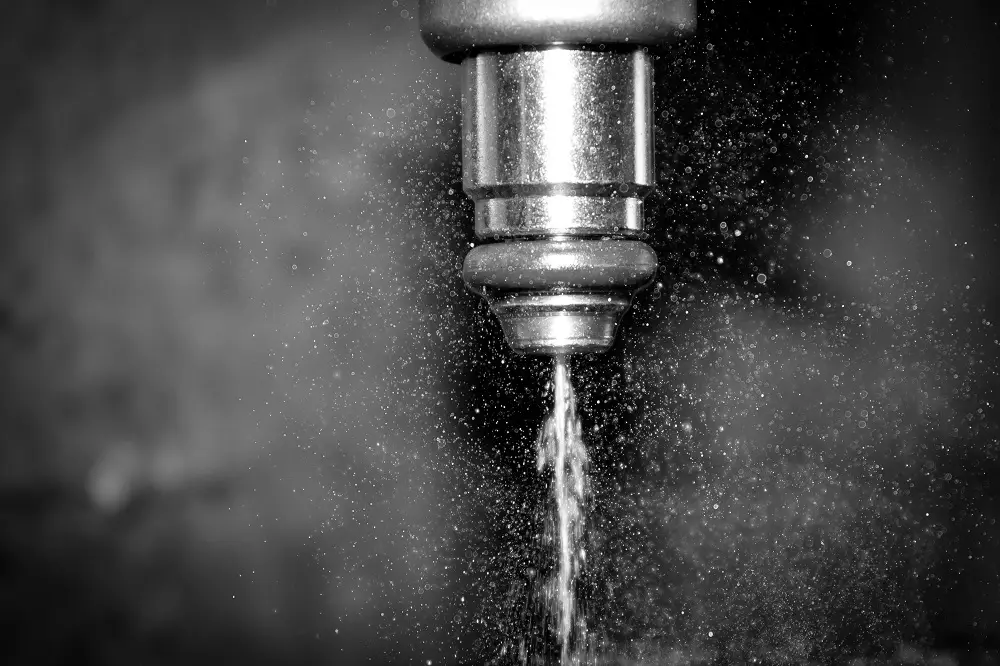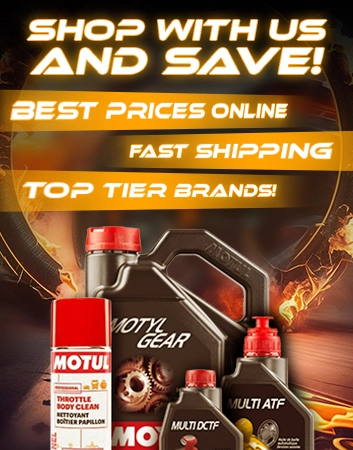Fuel injector cleaners are one of those gray areas in the automotive world, that are yet to be defined. These products are everywhere, they’re affordable, and most of the time they cause no issues when added to the fuel. However, do they really work? Can you make your fuel injectors more effective if you use fuel injector cleaners on a regular basis?
Today we’ll dig into this subject and attempt to give you an objective opinion on this type of product.

What Exactly Are Fuel Injector Cleaners?
Your average fuel injector cleaner is an additive comprised of several chemicals whose main purpose is to flush your fuel system and remove any build-up within the injectors themselves. That said, not all fuel injector cleaners are the same. In fact, there are significant differences in the main components used to formulate this type of additive.
Polyisobutylene
Polyisobutylene (labeled as PIB), is one of the most common chemicals found in fuel injector cleaners. This is a deposit-control additive, meaning that its job is to prevent the formation of sludge, oxidation, and other contaminants that could potentially affect the efficiency of your fuel delivery system.
However, Polyisobutylene isn’t exactly strong enough to remove any build-up that is already there. This is why there are many accounts out there of people using this type of fuel injector cleaner and seeing virtually no change at all.
Polyisobutylene Amine
Polyisobutylene amine additives are very similar to polyisobutylene ones. The main difference between the two is the former’s ability to extract moisture from fuel.
This is a useful trait seeing how a large number of cars on the streets have some amount of moisture in their fuel tank. By eliminating said moisture, this type of additive adds to the performance of the engine, but it also prevents oxidation in the long rung.
Polyether Amine
Last but not least, there’s Polyether Amine. Additives based on this chemical are capable of removing stubborn build-up inside older fuel injectors, but they’re still not guaranteeing any results. On top of that, this isn’t an additive you should be using too often due to its aggressive nature.
But there’s a twist. As it turns out, many fuel refineries add a small amount of this additive to their fuel. Of all three types of fuel injector cleaners, polyether amine ones have the potential to do the most good for your engine.
Do Fuel Injector Cleaners Work?
At the end of the day, the answer is “it depends.” It depends on how dirty your fuel injectors are, and how often you’re using additives. Fuel injector cleaners have shown a decent amount of effectiveness in low-mileage vehicles where they can act more as a preventative measure than a fix for an existing problem.
The truth is that there is no concrete data on this matter. Whether these products work comes down to anecdotal evidence at best.
Is There a Proven Way to Clean Fuel Injectors?

If you really want to test and clean your fuel injectors, the only proven way to do so would be to remove the injectors and have them cleaned in an ultrasonic machine. This is by far the best option if you want to be sure. The problem is that these machines aren’t always going to solve the issue as there are cases where injectors have developed too much of a build-up inside.
Still, taking this route offers the best chances of salvaging your existing fuel injectors and extending their service life.
The Best Option — New Fuel Injectors
At the end of the day, getting new fuel injectors is the only real way of knowing for sure that your engine is getting good fuel dispersion in each of its combustion chambers. Sure, new injectors aren’t cheap. However, sometimes you’ll have no other option.
The key here is to get quality replacement parts from brands that have a proven track record. We offer a wide range of high-quality fuel injectors at great prices. Check out our catalog for more info.


